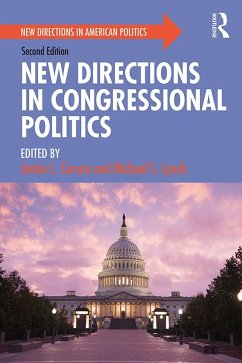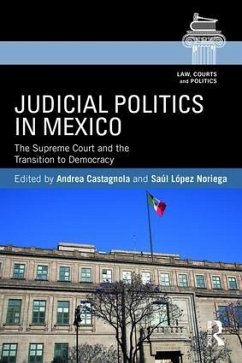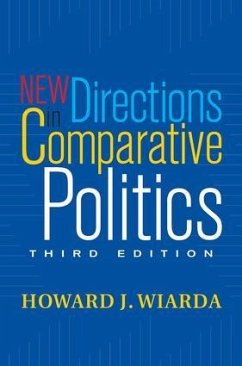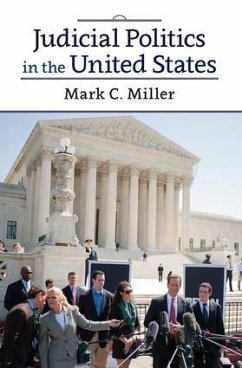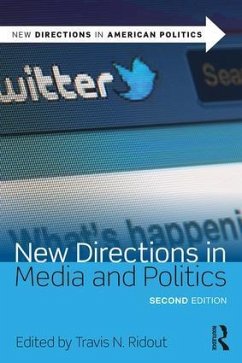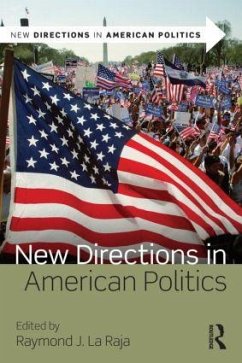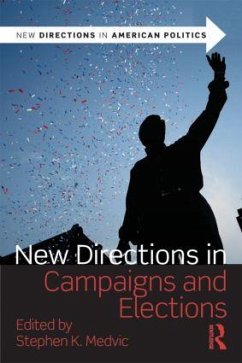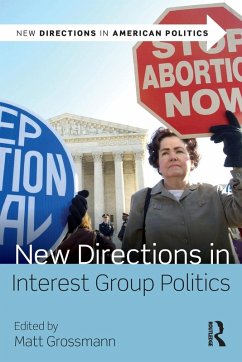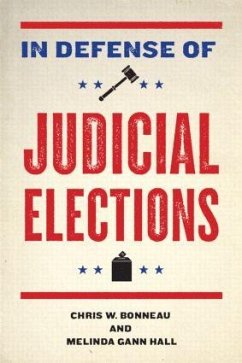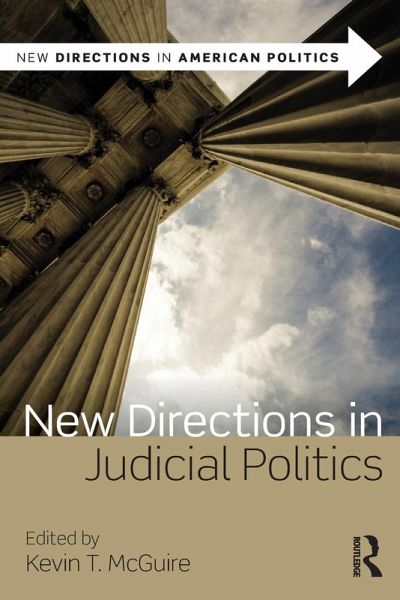
New Directions in Judicial Politics
Versandkostenfrei!
Versandfertig in 1-2 Wochen
70,99 €
inkl. MwSt.
Weitere Ausgaben:

PAYBACK Punkte
35 °P sammeln!
With its often vague legal concepts and institutions that operate according to unfamiliar procedures, judicial decision-making is, in many respects, a highly enigmatic process. New Directions in Judicial Politics seeks to demystify the courts, offering readers the insights of empirical research to address questions that are of genuine interest to students. In addition to presenting a set of conclusions about the way in which courts operate, this book also models the craft of political research, illustrating how one can account for a variety of factors that might affect the courts and how they ...
With its often vague legal concepts and institutions that operate according to unfamiliar procedures, judicial decision-making is, in many respects, a highly enigmatic process. New Directions in Judicial Politics seeks to demystify the courts, offering readers the insights of empirical research to address questions that are of genuine interest to students. In addition to presenting a set of conclusions about the way in which courts operate, this book also models the craft of political research, illustrating how one can account for a variety of factors that might affect the courts and how they operate. The renowned scholars and teachers in this volume invite critical thinking, not only about the substance of law and courts in America, but also about the ways in which we study judicial politics.





